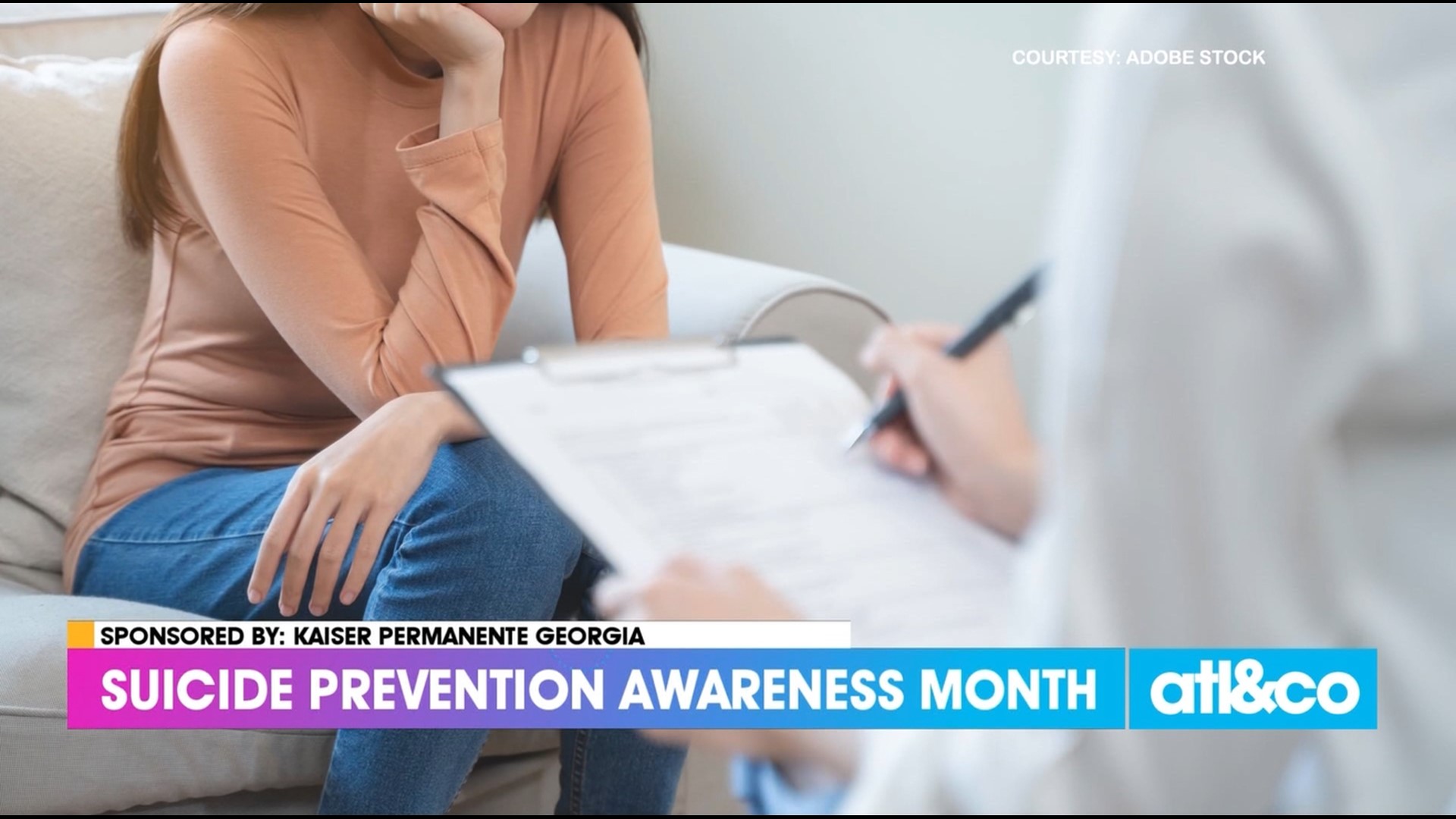ATLANTA — Health insurance is now required – by law – to cover treatment for mental health the same way it would a broken arm or high blood pressure.
It’s called mental health parity.
The federal government mandated mental health parity in 2008 but it wasn’t until 2022 that Georgia finally passed the Mental Health Parity Act (HB 1013), giving the state a way to enforce it.
Public and private health insurance plans are now legally bound to cover behavioral health at the same level as physical health.
The legislation required insurers to submit annual reports proving compliance, created the position of mental health parity officer within the Office of Insurance and Safety Fire Commissioner, and mandated spending on care, among many other things.
To make sure people know their rights and to discuss how to advance implementation of the requirements from the legislation, The Carter Center will hold a Mental Health Parity Day event at the Georgia Capitol on Thursday, February 8.
“So much stems from parity. A lot of our workforce issues are because of the lack of payment for these services,” Eve Byrd said, Director of the Mental Health Program at The Carter Center. “There’s still a lot left to be done, and politics can't get in the way. We have to continue to move the needle.”
The Mental Health Parity Day event is free and open to the public but requires pre-registration. The Carter Center will host the gathering in the Tull Fellowship Hall of the Central Presbyterian Church across the street from the gold dome.
Immediately after the public event, leaders from The Carter Center, legislators and elected officials will cross the street to the Capitol South Wing and reveal findings from the first Parity Awareness Campaign.
The Carter Center launched the campaign in the fall of 2023 with support from the Arthur M. Blank Family Foundation. It focused on the Savannah and Albany areas, communities with high rates of Medicaid coverage and people who are disproportionately affected by not having or being aware of what insurance should be covering.
“As Mrs. Carter used to say, if your insurance will pay for it, it’s OK to have it. And it’s true. So many people don’t know where to go or how to get the care they need,” Byrd said.
The law requires reporting from several agencies – including the Department of Community Health, The Office of the Commissioner of Insurance and Safety Fire Commissioner, and insurance companies – to prove insurers are complying. Byrd said nearly two years later, that remains an area for improvement.
“We’ve not done really well in our reporting thus far. We have a long, long way to go,” she said. “Passing legislation is exciting, but the monitoring is the hard day-to-day work. This is not easy. There is not a direct roadmap for this. So, we need to get to the point where our insurers can show they’re paying for this on par with other physical conditions.”
Both the Department of Insurance and the Department of Community Health have ways to file complaints if a person believes insurance is not covering what it should.
If you have health insurance through your job or family member or selected insurance yourself, file a complaint through the Department of Insurance.
If you have insurance through Medicaid, PeachCare for Kids, or the State Health Benefit Plan, file a complaint through the Department of Community Health.
The Carter Center has laid out a step-by-step guide on georgiamentalhealth.com.

